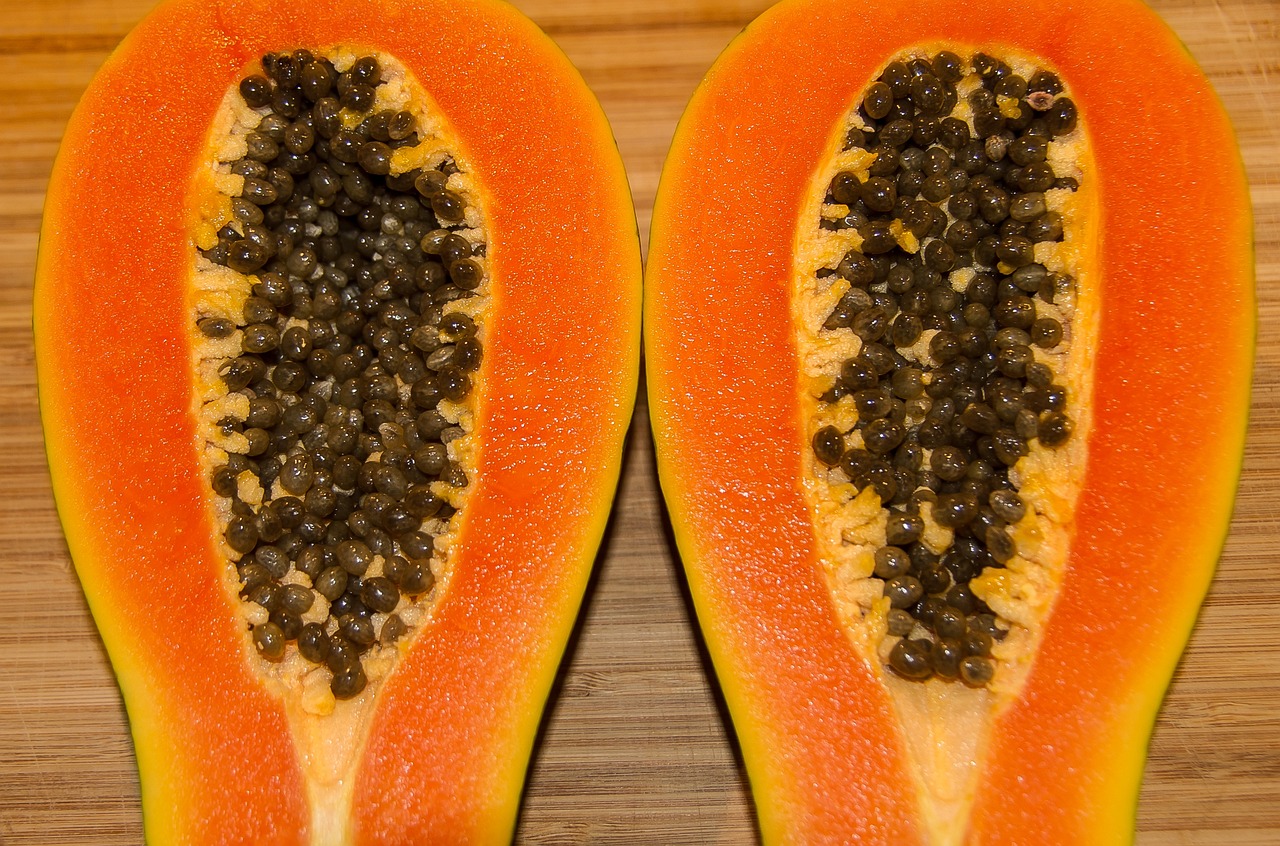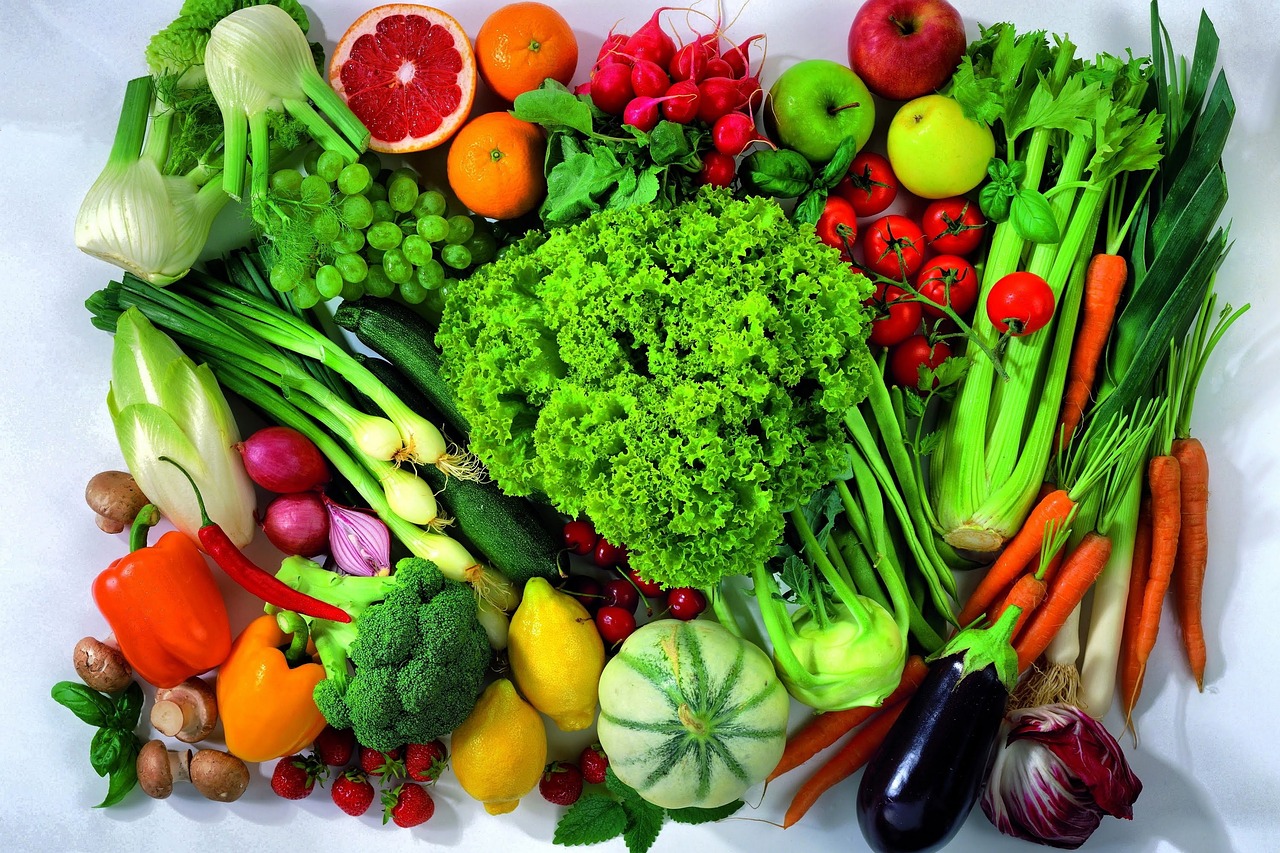Papaya has long been known for its healing properties, and both the fruit and its leaves continue to be used in traditional medicine worldwide.
Although more research is needed to fully understand the benefits of papaya leaves, modern science supports the anti-carcinogenic and antidiabetic properties of papaya fruit. Rich in vitamins and minerals, clinical evidence suggests that papaya can play a significant role in boosting the immune system.
What are the health benefits of papaya? Two dietitians explain why this nutrient-dense, healthy fruit is worth including in your diet. Is papaya good for you? Like pomegranate, grapefruit, and cantaloupe, “papaya is a delicious tropical fruit rich in antioxidants, vitamins C and A, and also contains some fiber,” says Jenna Werner, RD, a registered dietitian and owner of the nutrition practice Happy Strong Healthy. “Consuming fruit is recommended as part of a healthy diet, and choosing to eat papaya is a good choice,” she adds. Studies have shown that papaya’s powerful antioxidants can reduce inflammation, benefit people with diabetes, and potentially prevent cancer. Additionally, papaya’s hydrating properties contribute to skin health, helping to maintain a radiant and youthful appearance, according to Healthline.
What nutrients does papaya have? The antioxidants in papaya, including vitamin C, vitamin E, beta-carotene, and lycopene, act as “a buffer that helps to reduce damage to cells,” says Maya Feller, MS, RD, CDN, a registered dietitian nutritionist and co-host of Slate’s Well, Now Podcast. Studies indicate that consuming papaya reduces oxidative stress, thereby improving immune functions. Additionally, “papaya contains papain, an enzyme thought to support digestive health.” The prebiotic fibers in the skin and seeds of papaya “nourish the good bacteria in the gut,” and increase the production of short-chain fatty acids, “which benefit not only digestive health but overall body health,” she explains.
Papaya is also an excellent source of potassium, notes Feller. Research shows that for people with hypertension, the blood pressure-reducing effects of eating potassium-rich foods are positive. How often can you eat papaya? “Like most nutritional recommendations, how much [papaya] is healthy and safe for you is a person-specific recommendation,” says Werner. Generally, if you’re not allergic to it and you enjoy eating papaya, including it “in your balanced and varied diet is a great way to get nutrients,” she advises. According to WebMD, a medium-sized papaya, weighing roughly 275 grams and containing approximately 119 calories, provides 4.7 grams of dietary fiber. For adults, the daily recommended fiber intake is at least 28 grams, according to the U.S. Food & Drug Administration. One cup of 1-inch papaya slices contains 11.3 grams of sugar, per the U.S. Department of Agriculture. Compared to other foods, the fruit scores mid-range on the glycemic index scale, according to Healthline. Therefore, if you're diabetic, eating a standard serving of papaya is unlikely to spike your blood sugar.










